
Manhattan, May 30
On May 29, 2025, a former assistant to Sean “Diddy” Combs took the witness stand under the pseudonym “Mia,” delivering one of the most emotionally charged testimonies of the trial so far. Her account left the courtroom in stunned silence.
But beyond its emotional impact, Mia’s testimony raises key legal questions: Does it support the federal sex trafficking charge? Does it strengthen the RICO case? And where might the defense find cracks in her narrative?
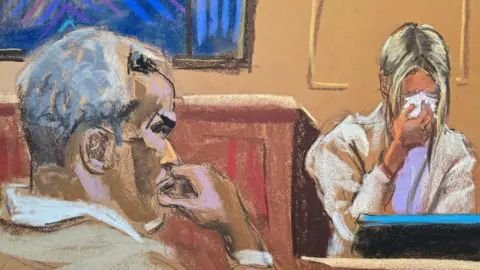
What Mia Testified
Mia testified that she was sexually assaulted multiple times during her employment with Diddy. She described being emotionally isolated, broken down, and placed in situations where she felt she had no ability to say no to sexual acts. She claimed that she was psychologically controlled, degraded, and surrounded by an atmosphere of fear.
The courtroom reaction was immediate and intense. Observers noted how quiet the room became as she described her experiences. But the legal system requires more than just a compelling story, it demands evidence that aligns with specific legal standards.
Legal Analysis: Does Her Testimony Support the Charges?
1. Sex Trafficking (18 U.S.C. §1591)
To prove sex trafficking under U.S. federal law, prosecutors must show that the accused knowingly:
- Recruited, obtained, or maintained someone.
- For a commercial sex act
- Through force, fraud, or coercion
While Mia did not say she was paid for sex, prosecutors may argue that her role as an employee and the sexual access she described created a “commercial context.”
Her claim that she was emotionally broken and unable to say no could meet the standard of coercion, even if there were no physical threats.
But there’s a challenge: She didn’t describe direct threats, explicit job-related consequences, or money exchanged for sex. That leaves room for the defense to argue that this doesn’t meet the strict statutory definition of a “commercial sex act” through coercion.
2. RICO (Racketeer Influenced and Corrupt Organizations Act)
To prove RICO, prosecutors must show that Diddy participated in an enterprise engaged in a pattern of criminal activity, like sex trafficking.
If her experience is one of several, prosecutors could argue that there was an ongoing, organized effort to exploit women in Diddy’s orbit.
Her testimony could serve as one building block in showing that this was not an isolated event but part of a broader system.
But again, there are limitations:
Mia didn’t describe an organization or name other victims directly.
Her story, while powerful, might seem individualized rather than systemic unless more witnesses corroborate a broader pattern.
The Defense Angle: What Could Undermine the Charges
- No direct commercial element:
She was not paid for sex, nor was there a clear benefit she received in exchange. That weakens the “commercial sex act” element.
- No overt threats:
Without physical force or blackmail, the defense may claim this doesn’t rise to legal coercion.
- No enterprise structure:
For RICO, there needs to be an ongoing criminal organization. Mia’s testimony lacks evidence of coordination or structure.
- Voluntary association:
The defense might argue that Mia’s continued employment and travel with Diddy suggests consent or at least complicity not coercion.
Mia’s testimony was harrowing and impactful. It brought humanity and gravity to the trial in a way that legal briefs cannot. But as with many high-profile cases, the legal outcome will turn on how well her experience aligns with precise legal definitions.
Her words may very well strengthen the prosecution’s case, but whether they are enough to secure conviction on sex trafficking or RICO charges remains a question for the jury, and for the unfolding testimony still to come.
Follow me on X @genjustlaw
Author

Latest entries
 Lex Feminae Index2025-11-23When the Violence Ends, Another Battle Begins: Why Mental Health Must Be Part of GBV Policy
Lex Feminae Index2025-11-23When the Violence Ends, Another Battle Begins: Why Mental Health Must Be Part of GBV Policy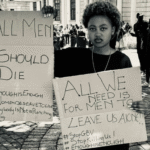 Women ♀️2025-11-22South Africa Declares Gender-Based Violence a National Disaster While Its Women Silenced The Country
Women ♀️2025-11-22South Africa Declares Gender-Based Violence a National Disaster While Its Women Silenced The Country  Lex Feminae Index2025-11-21Gender Base Violence — 16 Days of Activism BUT 365 Days of Violence
Lex Feminae Index2025-11-21Gender Base Violence — 16 Days of Activism BUT 365 Days of Violence Lex Feminae Index2025-11-12Women’s Rights: Help Was Sent Then The Help Raped
Lex Feminae Index2025-11-12Women’s Rights: Help Was Sent Then The Help Raped


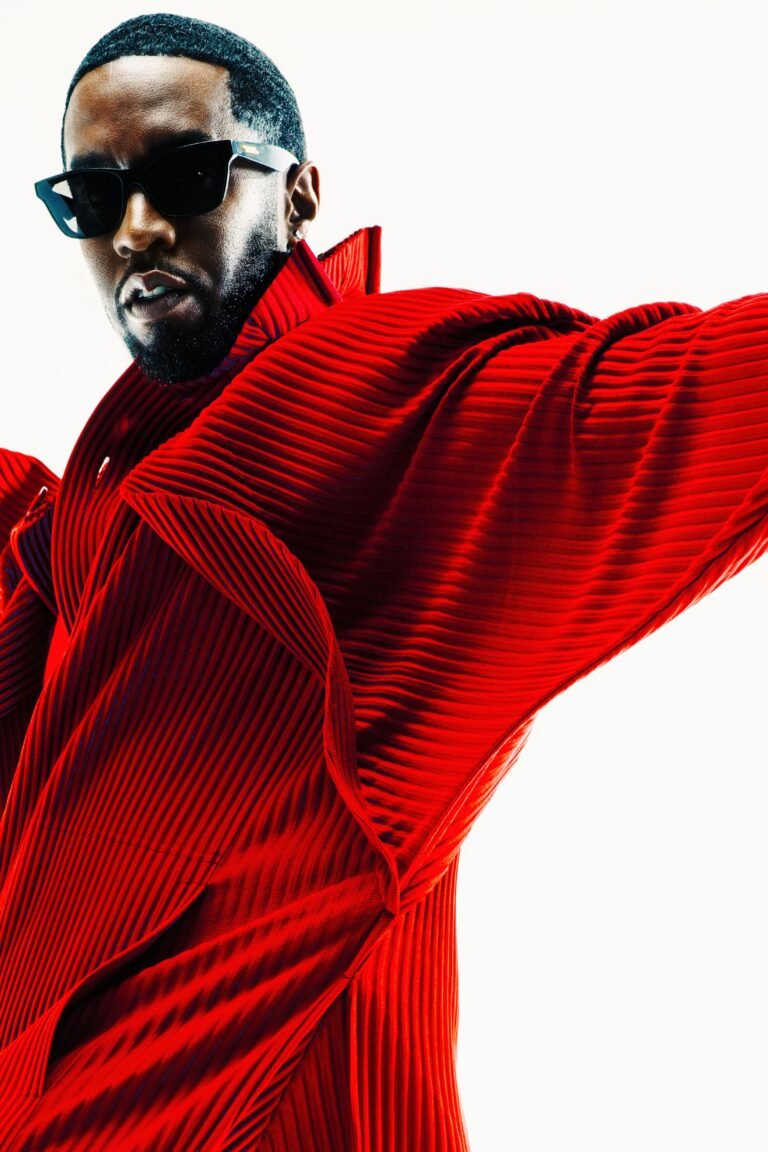
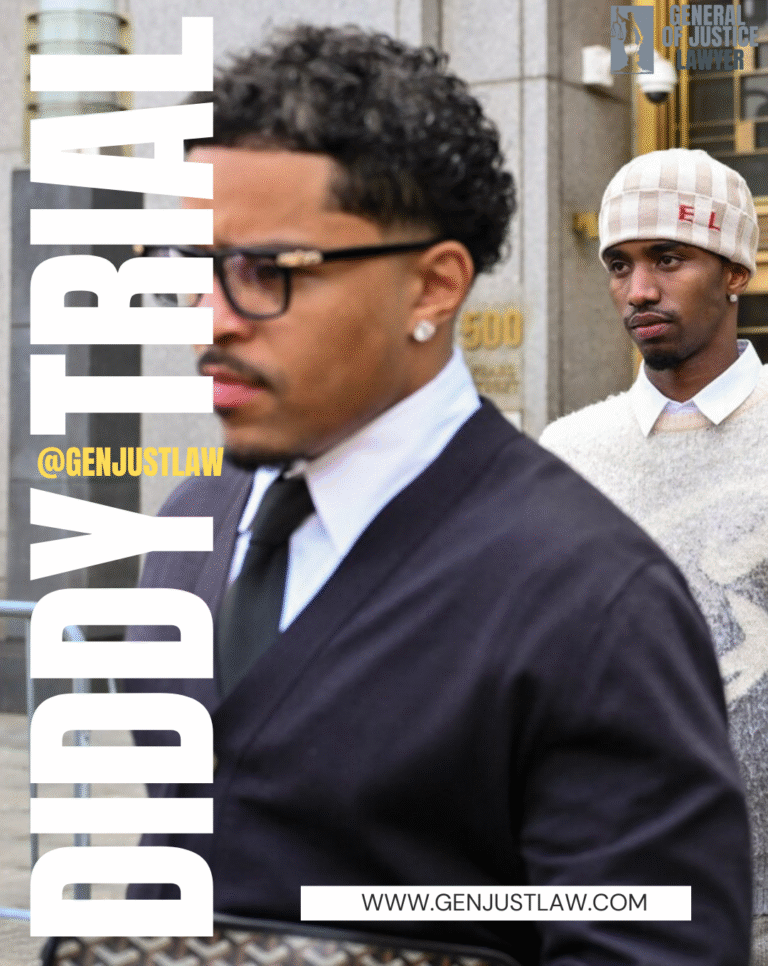
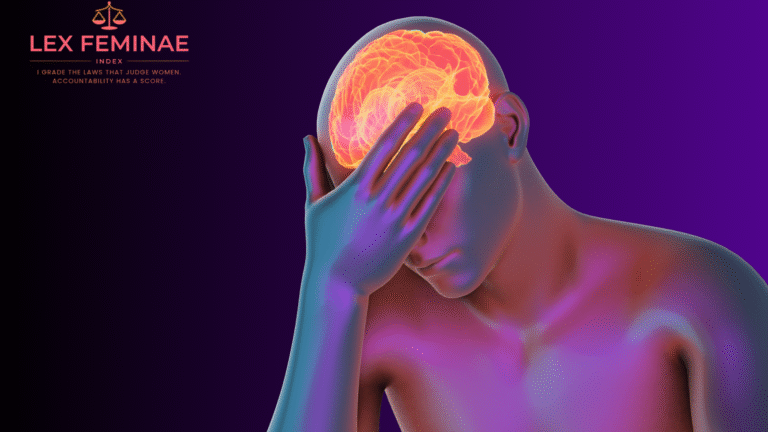
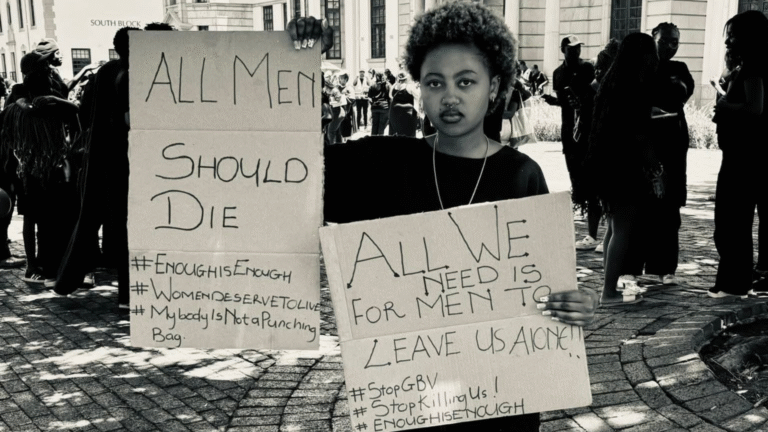
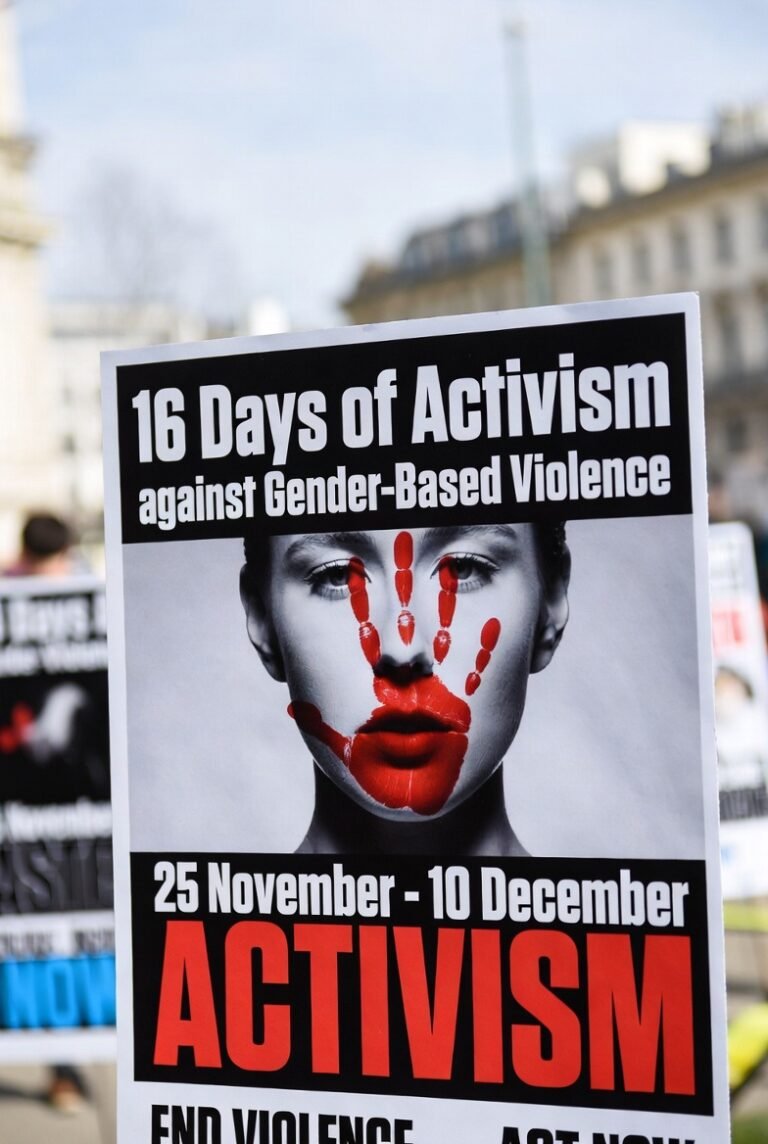

1 thought on “Diddy Trial : Mia’s Testimony Against Diddy: Powerful, Painful, and Legally Complex”